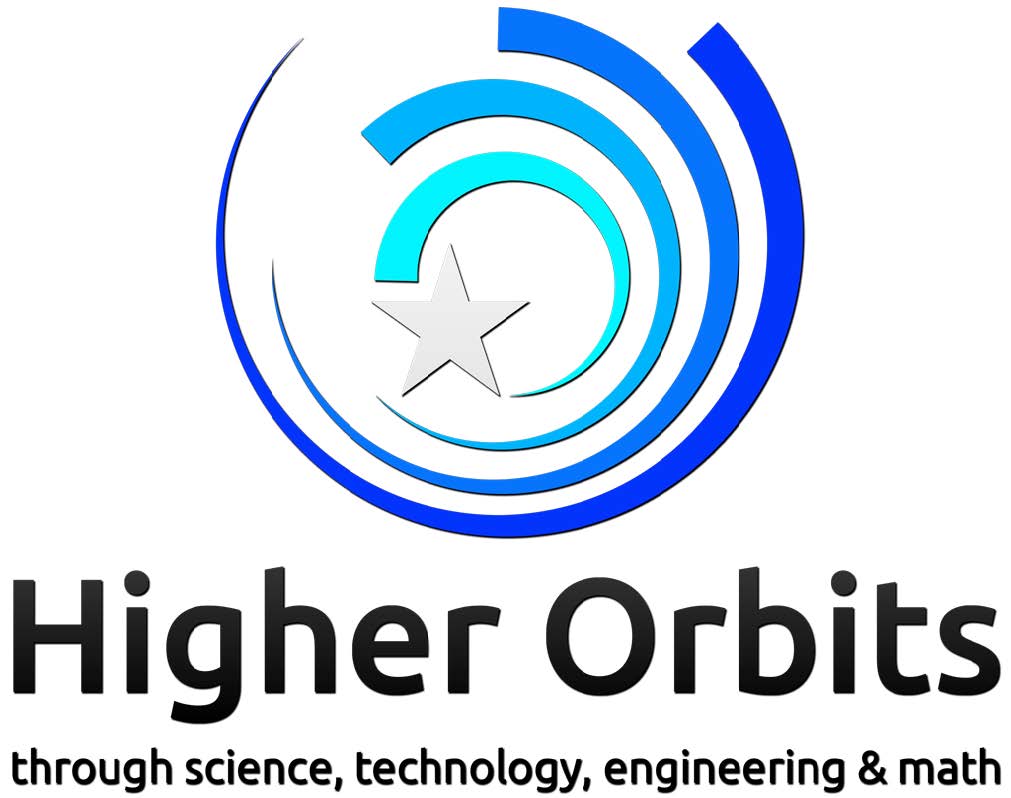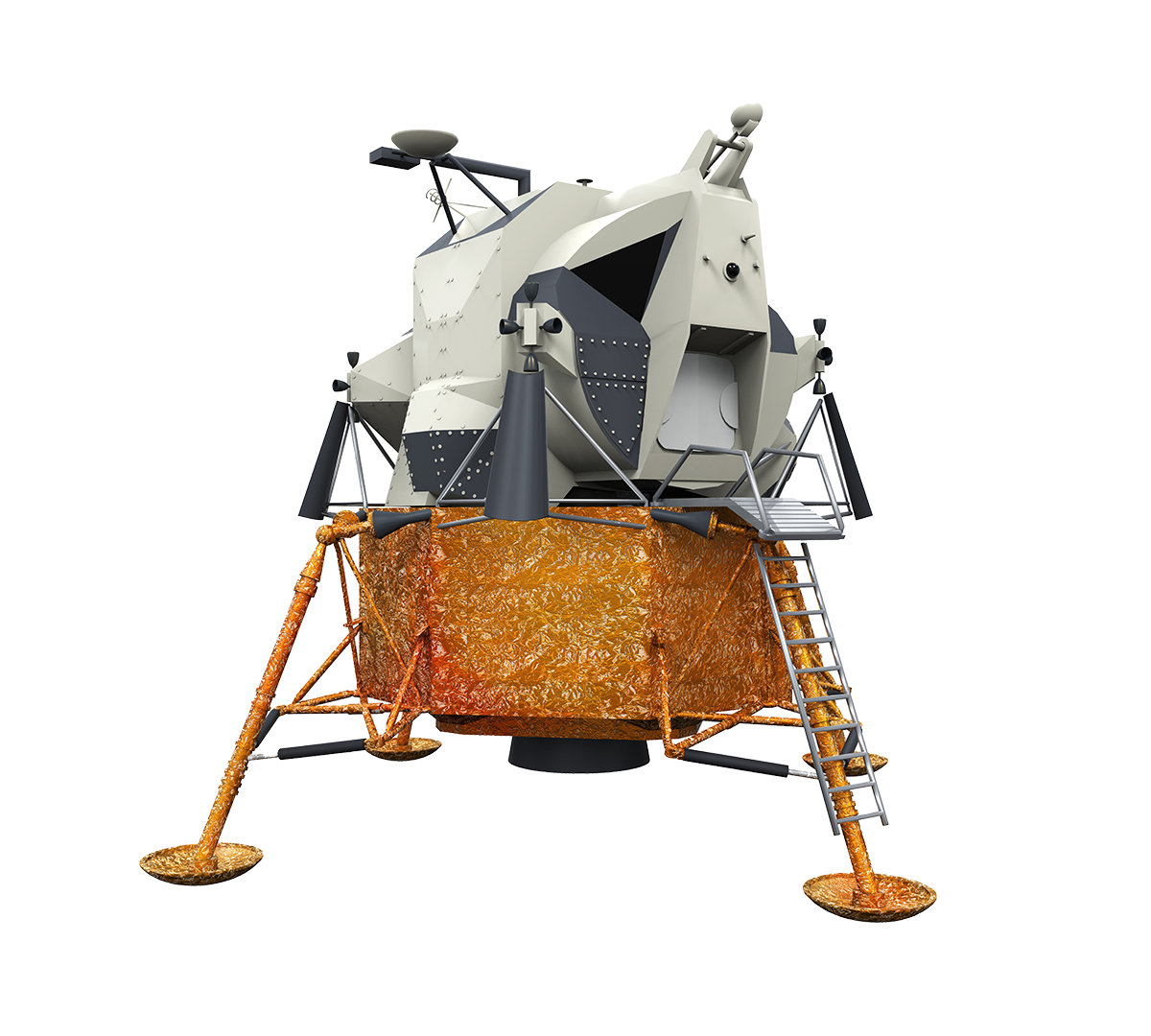Higher Orbits
Whitney Zatzkin
whitney@higherorbits.org
SpaceX launches Higher Orbits’ student-led research to the International Space Station
Cape Canaveral, Florida — June 3, 2021 — Higher Orbits is pleased to mark the launch of student-led research to the International Space Station from the 2019 Series winners, Team V Atlas, and the AIAA Apollo Series winners, Team Flammenwerfer Axolotls, onboard SpaceX CRS-22.
“Our partnership with Higher Orbits has been critical for reaching the next generation. These are very high quality STEM programs that inspire students of many different backgrounds to become interested in aerospace,” says AIAA Executive Director Dan Dumbacher.
“This launch is a unique reflection of the resilience we have all had to demonstrate in our own lives this last year, and it has certainly reminded us that even something as precise as space research has to leave room to accommodate the unexpected.” says Michelle Lucas, Executive Director of Higher Orbits.
To prepare science experiments for launch, winning student researchers collaborated with microgravity research and development experts at Space Tango. Both student-led teams had an initial investigation on NG-14 in October 2020 known as BUG-01 but the science objectives were not met due to issues with the spaceflight equipment. BUG-02 addresses those issues with a continued opportunity for STEAM engagement.
“Technical issues are an invitation to embrace the scientific method and the importance of iteration in engineering,” said Space Tango Director, Engineering Gentry Barnett. “Once we identified a root cause we connected with our student research teams to develop a plan for their next flight.”
What started out as difficult news swiftly transitioned to an incredible opportunity -- a chance to revisit the experiments, prepare for relaunch, and continue toward the ultimate goal - having this student-led research flown in space. Thanks to the dedication and swift mobilization from the team at Space Tango, the students from Higher Orbits were given an opportunity to launch their investigation again with the added experience of how to navigate design challenges.
“Part of doing research in space is knowing how to respond to unexpected incidents and identify viable solutions. I’m proud of how quickly everyone connected with our student researchers and created a solution to recover the research and provide a path to relaunch the mission,” Lucas reflects.
Collaborating together, everyone worked to repackage the experiments and create BUG-02 for today’s launch of SpaceX CRS-22. Like its predecessor, BUG-02 is named in honor of its insect-focused research cargo, including drywood termites and cabbage moth larvae.
Team V Atlas is measuring behavior and methane production of southeastern drywood termites, Incisitermes Snyderi, in microgravity. This winning team of the 2019 Go For Launch! Series includes students Rachel Blevins, Kiera Fehr, Rosalie Huff, Dresden Lubic, and Riley Lubic.
Team Flammenwerfer Axolotls from Spring Grove, Illinois, consists of Paisley Artner, Jake Drews, Grace Flynn, Daniel Marek, and Trinity Nett, who won the 2019 AIAA Apollo Series of Go For Launch! events. The team is researching microgravity’s effects on the developing chrysalis of the pupating cabbage moth, Mamestra Brassicae.
In addition to attending the launch at Cape Canaveral, the Higher Orbits student researchers will present their experiments the morning of launch at the Journey to Mars Theater at Kennedy Space Center and later both teams will share their poster presentations underneath Atlantis.
To-date, Higher Orbits has hosted more than 50 events involving 1,800 secondary school students in just five years. A dozen student-led research studies have already been conducted in space, including 11 aboard the International Space Station. Higher Orbits has also presented its work and the research from these launches at multiple conferences, even serving as the United States research representatives to the International Science School in Sydney, Australia.
“I have loved STEM and space for as long as I can remember, and being able to combine both with my team’s experiment has been such an exciting experience. It also gives insight on what it may be like to work at NASA or SpaceX, a lifelong goal of mine. I am truly honored to be a part of the Higher Orbits family through such an exciting opportunity. Our team can’t wait to analyze the data,” Higher Orbits student researcher Kiera Fehr said of their experiment’s launch.
Creating that sort of reaction is precisely why Higher Orbits was founded, says Lucas, “Higher Orbits consistently elevates the expectation of student-led research and operates to bring the unique opportunity for life-changing experiences to thousands of students across the country.”
About Higher Orbits
Founded in 2015, Higher Orbits is a 501(c)3 non-profit organization creating an experiential learning lab for secondary school students across the United States, focused on the multi-faceted worlds of space exploration, research, and spaceflight in order to launch the next generation workforce our world desires.
Go For Launch! delivers a multi-day, in-person, truly out-of-this-world experience to 8th-12th grade students leveraging spaceflight and space exploration as the launchpad for students to develop and strengthen their skills in STEM, teamwork, communication, research design, and leadership. GFL! students work side-by-side with an astronaut for the entire event – learning, growing, and developing the life-long skills that create a successful, meaningful future.
Space at Home students receive space mail from Higher Orbits, a customized kit of supplies and space swag necessary to embark on a curated quarterly program around a key aspect of space exploration and space flight. From the rigorous science and the historical significance of designing an effective space program patch to the macro-exploration of rocket engineering and testing, Space at Home participants delve into advanced discussions with the world’s leaders in each topic -- from the comfort of home!
###

